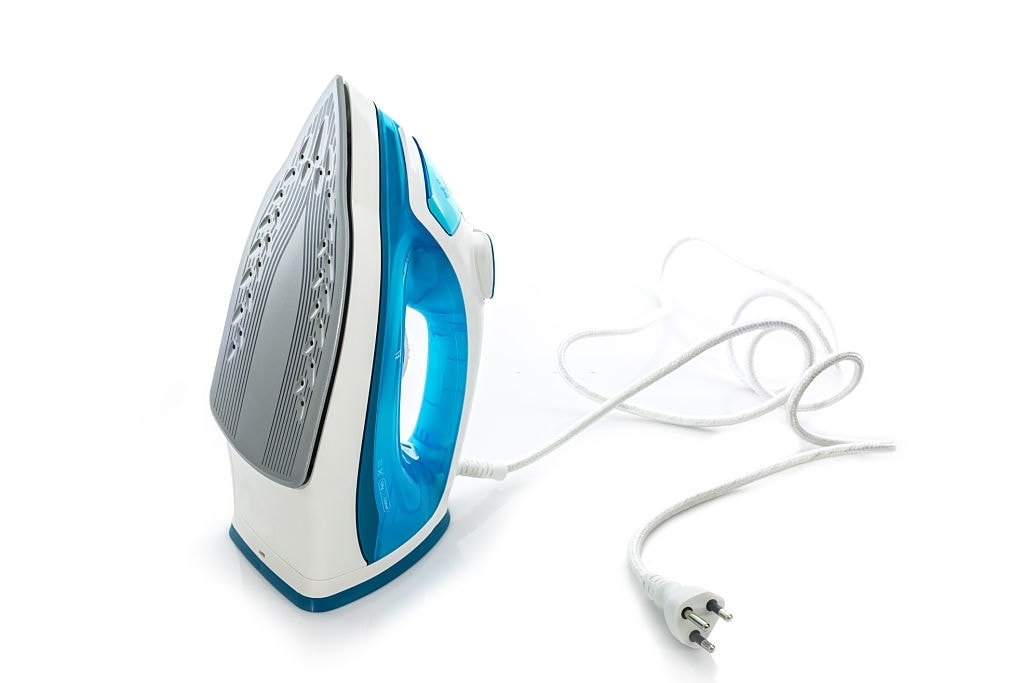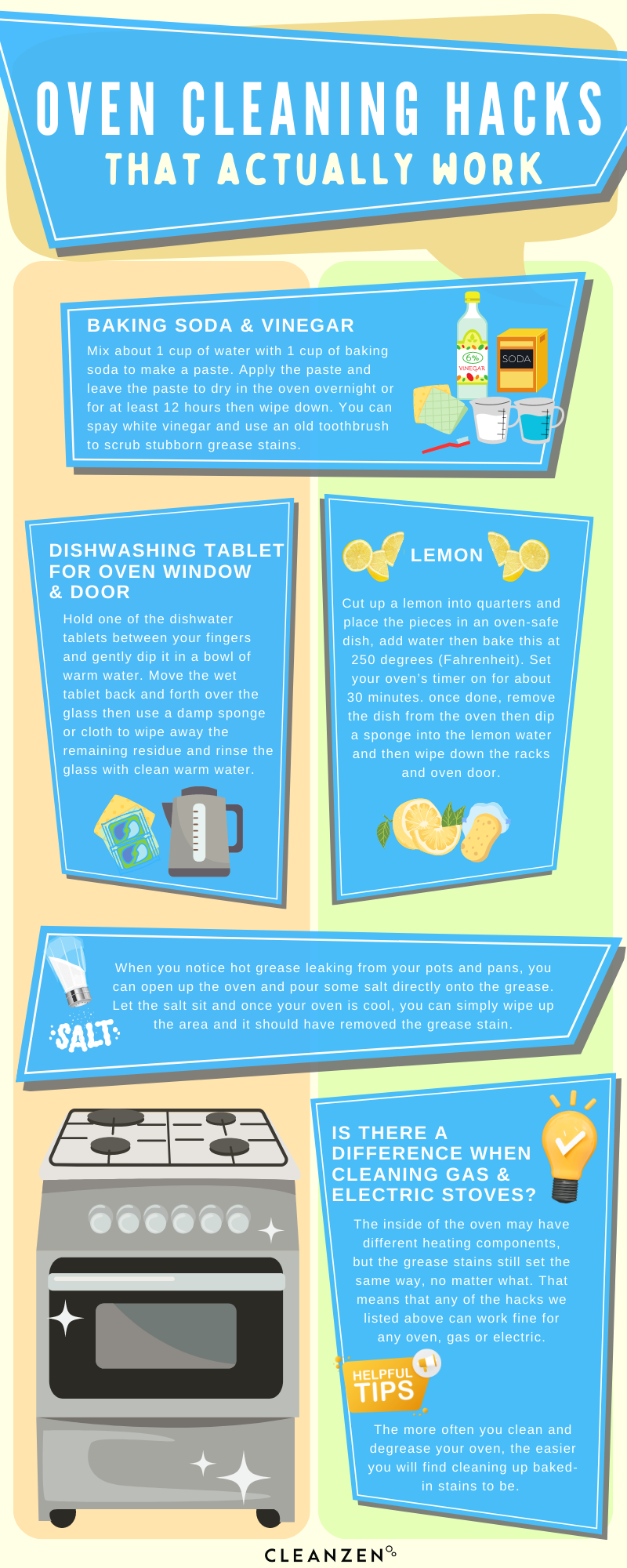Hardwood floors look beautiful in almost every home, but no matter how much you clean them some spots just refuse to be clean. Stains can wind up on any floor, even wood, so it is best to be prepared when you inevitably find a few. To help, we’ve created this DIY guide to assist you in keeping your floors clean and stain-free.
Type of Stains

Before you try to remove any stains from your wood floors, you should probably be aware of the kind of stain you’ll be removing. These are the most common kinds of stains you may find on your wood floors and furniture, we’ll get into how to treat and remove them later.
1. White Water Marks & Rings
These stains usually form on wood floors and furniture when any wet or damp cup, glass, or fabric is left on the surface of the wood. The stains appear white or lighter in color when the moisture mixes with the finish or wax on the wood.
2. Dark Water Stains
These stains form from moisture or dampness, similar to the formation of lighter stains, or from oxidation on the wood. The darkness of the stain indicates that moisture has penetrated deeper into the wood and will likely require more care to remove it.
3. Heat Stains
When something hot, like a mug or candle, is placed on the surface of the wood it expands. This allows the moisture created by heat and steam to settle deeper within the wood leaving behind light and cloudy discoloration and stains.
DIY Stain Removal

Now that you have a rough idea of the kind of stains you’ll be dealing with, we can discuss removal. There are many different ways to remove the various stains we mentioned, but not every method works for every stain. Here are our best recommendations for removing stains from wood floors:
Mayonnaise
One of the simplest ways to treat darker stains is with mayonnaise, no matter how much you love or hate it. Here’s what to do:
- Use a clean cloth to wipe a small amount of mayo in a hidden area to test before treating the stain itself. If there’s discoloration from this test, we suggest trying a different method.
- If the mayo doesn’t leave any discoloration, wipe a generous amount directly on and around the stained area you’re trying to treat.
- Allow the mayo to sit on the stain for a few hours, or overnight for best results, reapply if it dries up too quickly.
- In the morning, use a fresh and damp cloth to remove the mayo and check the state of the stain. Note: If there is still discoloration from a dried or old stain, you may have to try a different method.
Toothpaste
Toothpaste can be a surprising stain removal method, but it works we promise. This works best on lighter water stains or stains that have dried up, but remember to use a non-whitening and non-gel variety for the best results. Here’s what to do:
- Squeeze a small bit of toothpaste onto a soft and clean cloth.
- Lightly buff the toothpaste onto the surface of the stained wood, making sure to follow the grain. Note: Don’t rub the stained wood too hard with the toothpaste or you may worsen the appearance of the stain or damage the finish on the wood.
- Allow the toothpaste to sit on the stain for about a minute before removing it with a lightly dampened cloth.
- Take a moment to assess the stain and repeat the process if necessary.
Clothing Iron

If you catch a fresh or still damp water stain on your wood floors, you’re in luck but you’ll want to move quickly to make sure it doesn’t set in. One way to remove the moisture is by using heat from and iron, or hairdryer, to evaporate it. You’ll need to be careful not to damage the wood in the process, so follow these instructions carefully:
- Make sure there is no water within the iron, you don’t need any steam releasing during this process.
- Place a cotton rag or old t-shirt over the stain.
- Turn on the iron and make sure it is set to the lowest heat setting.
- Pass the iron gently over the surface of the cloth or t-shirt for a few seconds, making sure to check on the stain frequently.
- Alternatively, turn on the hairdryer to the lowest heat setting and wave it directly over the stain, no cotton barrier needed, for a few seconds at a time. Note: For both the iron and the hairdryer, be careful not to allow the heat to linger on the wood for more than a few seconds so as to not further damage the wood and allow moisture deeper into the pores.
- Check the state of the stain frequently and allow the surface of the wood to cool before attempting the method again.
White Vinegar
For darker stains on wood floors, we highly recommend white vinegar. The acidity makes this both effective and safe to use on wooden floors, plus its a great disinfectant. Here’s the best way to utilize vinegar on dark stains:
- For fresher and lighter stains, we suggest diluting your white vinegar in some water before treating the stain.
- For darker and more set in stains, you can use undiluted white vinegar to treat the stain.
- Allow a few cloths or paper towels, depending on what you have available or prefer, to soak in the vinegar or vinegar solution.
- Place the cloths or paper towels directly over the stained wood and allow them to sit for about half an hour.
- Remove the cloths or paper towels and use a water dampened cloth to wipe the surface of the stain before leaving it to dry for another half an hour.
- Once the effected area is completely dry, you can check for any residual staining and repeat the process if you need to.
Hydrogen Peroxide
Like vinegar, hydrogen peroxide is great at treating darker stains on wood. However, when you use this method make sure that you only use 3% hydrogen peroxide as higher concentrations will permanently discolor and ruin wood. Here is how to properly use hydrogen peroxide to treat darker stains on wood:
- Before treating the actual stain, use a cloth dampened with hydrogen peroxide to wipe a small and hidden area to test for discoloration.
- Gently press a soft cloth dampened with a generous amount of hydrogen peroxide directly onto the stained wood.
- Rewet the cloth if necessary, then place the cloth on the stain for a few hours or overnight.
- Remove the cloth and check the stain in the morning, then use a lightly water dampened cloth to wipe the surface of the wood and allow it to fully dry.
- Once the area is completely dry, you can repeat the method if you need to until the stain is fully removed.
Toothpaste & Baking Soda
One of the best ways to treat a heat stain on wood floors is by mixing toothpaste and baking soda. Here’s what to do:
- Start by using a damp cloth to wipe the surface of the wood and then allowing the area to dry completely.
- Using a non-whitening and non-gel toothpaste, squeeze a small amount into a small bowl or onto a plate and mix in a generous amount of baking soda.
- Use a soft cloth to rub the paste directly onto the stain and allow the paste to sit for about 10 minutes.
- Use a fresh damp cloth to wipe away the paste and clean the surface of the wood.
- Allow the area to dry completely before repeating the process if you need to until the stain has faded.
Things to Remember

Wood floors are gorgeous and can really warm up a home, but they can be stained surprisingly easily. There are a few things to keep in mind when managing upkeep and treating any stains you may find:
- First and foremost, act as fast as possible when cleaning up any liquid spills on wood floors. The longer moisture sits on the surface of wood, the harder it is to clean up without the risk of staining.
- When cleaning up stains, do your best to avoid using anything abrasive to scrub the wood floor. Using anything like steel wool or hard bristle brushes risks damaging or even stripping the finish from the wood.
- Don’t be afraid to sand and refinish an area if the staining is bad enough. While it may not be preferable, it can be more effective and less expensive than calling in a professional.
- Despite our previous suggestion, calling professionals when all else fails is always a safe choice. Especially if you don’t have mush experience or knowledge when it comes to wood floors.
FAQs
What not to use on hardwood floors?
When cleaning hardwood floors, avoid using any harsh cleaners like ammonia or alkaline products as these can dull and scratch the finish on the wood.
Does baking soda remove stains from hardwood floors?
Baking soda should only be used in small amounts combined with other products to treat stains on wood floors. It should never be used to clean wood floors on its own or combined with vinegar.
Can you use dishwashing liquid to clean hardwood floors?
Dishwashing liquid is mild enough to be safe to use on hardwood floors and effective enough to be recommended by professionals. You can add a few tablespoons of dishsoap to a gallon of water to clean and mop your floors.
Is it okay to use hot water on wood floors?
If you are looking to clean and mop your wood floors, you should not use hot water to do so. Always use warm water, not hot, when mopping and never allow water to stand on hardwood floors or you risk extensively ruining the finish of the wood and the wood itself.

Do you have any stain fighting tips that have worked for your wood floors? Have you made any mistakes and want to make sure no one else faces similar issues? Share your experiences and tips in the comments below, we’d love to hear from you!
If you’re looking for some help when it comes to keeping your wood floors looking amazing and stain-free, call us! Our maid services in Miami could be just what you need, so check out our website and find out what kind of services we can offer you.
The post A DIY Guide to Removing Stains from Wood Floors appeared first on Cleanzen.
from Cleanzen https://cleanzen.com/blog/how-to-remove-stains-from-wood-floors/
via IFTTT
from Cleanzen Cleaning Services https://cleanzencleaningservices0.blogspot.com/2023/03/a-diy-guide-to-removing-stains-from.html
via IFTTT
from Gabriela Bragg https://gabrielabragg.blogspot.com/2023/03/a-diy-guide-to-removing-stains-from.html
via IFTTT
from Gabriela Bragg https://gabrielabragg.wordpress.com/2023/03/08/a-diy-guide-to-removing-stains-from-wood-floors/
via IFTTT

No comments:
Post a Comment